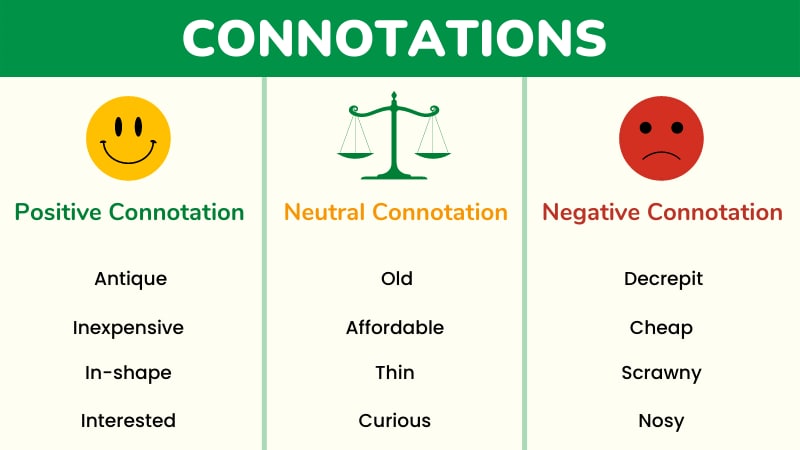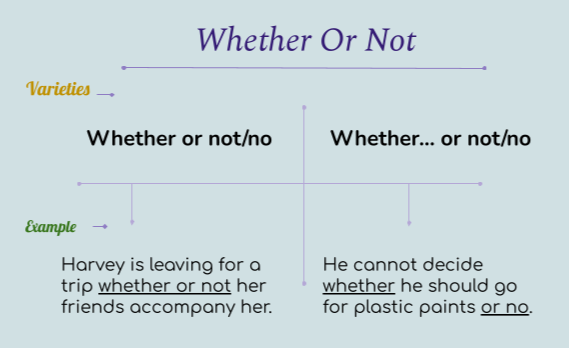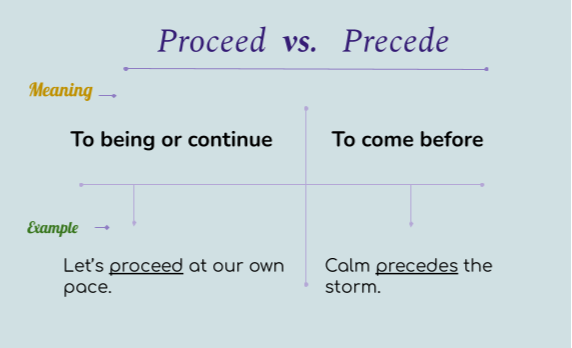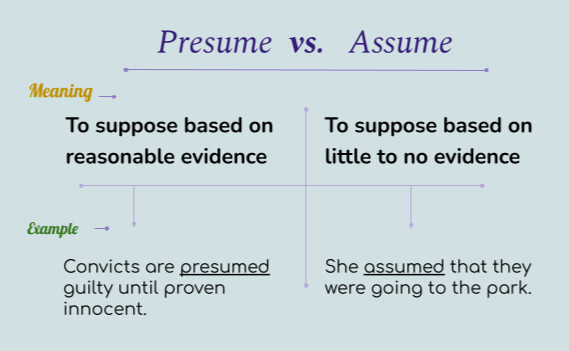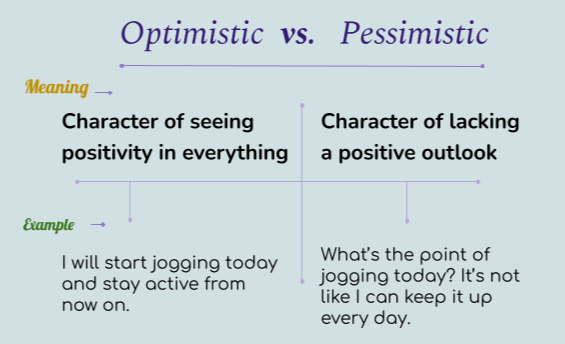Connotations - Definition & Types with Examples
What is Connotation?
Connotations are meanings and interpretations that do not particularly associate with the literal meaning of the words but have an added layer of meanings. These meanings are often derived from emotional or incidental relations with the words concerned.
Colours are often implied as having certain attributes or representing particular unrelated emotions or feelings and that is one of the most common connotations. Blue is characterized to be representing sadness or red for desire.
Types of Connotations
There are a few types of connotations used in the English language depending on the kind of emotions or preset associations already engraved in people’s minds.
Let’s see what these types of connotations are listed below -
- Positive Connotations
- Negative Connotations
- Neutral Connotations
Positive Connotations
Ulterior meanings that are positive in essence are the positive connotations. Good associations with any word make them categorized under this label.
For example, “Affordable” almost always refers to a minimal price point that is manageable for the buyer but has a welcoming association with the socioeconomic state of people.
Negative Connotations
The words become automatically associated with something negative for primarily the feelings they arouse.
To give an example, affordable things can be called “Cheap” which has a negative additional meaning of being average in quality.
Neutral Connotations
Words with additional meanings that do not have particularly positive or negative associations are neutral connotations. These meanings are often the closest to literal meanings of the words. Carrying on with the example, “Inexpensive” is an adjective used to refer to something that is not expensive. It has the same meaning as affordable and cheap but has neither very positive nor very negative connotations.
|
Positive |
Neutral |
Negative |
|
Indulgent |
Pre-occupied |
Obsessive |
|
Gentle |
Timid |
Cowardly |
|
Interested |
Curious |
Nosy |
|
Bold |
Confident |
Brash |
|
Inexpensive |
Affordable |
Cheap |
|
Strong-willed |
Fervent |
Stubborn |
|
Dynamic |
Energetic |
Hyperactive |
|
Thrifty |
Calculative |
Miserly |
|
Sentimental |
Soft |
Mushy |
|
Stylish |
Well-dressed |
Faddish |
|
In-shape |
Thin |
Scrawny |
|
Content |
Satisfied |
Smug |
|
Vintage, Antique |
Old |
Decrepit |
Connotations in Use
Connotative meanings are often used in various situations and ways in speech. Some connotations are harder to pick out than others but we use them every day in different aspects of our lives. Let’s discuss a few of these sectors where connotations are used with the greatest effect and frequency.
Connotations in Everyday Speech
There are many connotative terms and phrases we use in our everyday speech without even realizing that we are using connotations. Using it or listening to it being used left and right makes these connotations stick and places them in our daily use vocabulary. One good example is -
Monday Blues
“Monday” here is not any other day of the week and “Blue” is not the colour of the sky. This phrase is used heavily to refer to the sadness of already having passed the weekend in regions of the world where Saturdays and Sundays are natural weekends and “Monday” marks the start of a new workweek.
“Blues” are used to refer to the “Sadness” drawn mostly from the colour’s literary associations.
Connotations In Literature
With the liberty of literary devices like metaphor, simile and imagery, literature is the best sphere to test your skills of using connotations and assigning them as authors and readers. To name one -
Sheep
In the classic, Animal Farm, George Orwell assigns societal connotations to the animals on the farm. “Sheep” referred to the portion of the society that is comfortable with just following others’ lead and lacking the urge to take a stand drawn from the animals' gentle characteristics to be obedient farm animals who calmly follow their shepherd.
People have been called “Sheep” for their timid submissive tendencies numerous times by authors and poets and that is the negative connotation added to the word itself.
Connotations In Media
News and social media exposures require the use of connotations and certain set of wordings to be very calculative since it depends directly on the effect they will have on the readers and writers in most cases.
If the writer decides to use a headline it will determine how their words will affect the readers but if the headline is given to them by their editor that often dictates the wording the entire article will have as well as how the readers will receive that. The two headlines below can exemplify this matter adequately-
Terrorist Attack Kills 21 at UK School
The word “Terrorist” involuntarily paints a picture of an individual dressed in Arab-style clothing complete with a red-white checkered headscarf in the mind of most readers. The politics behind Islamophobia comes into play in this case where this very precise negative association is generated by the use of this word across various media platforms. So, unless the news reporter wants to draw on that imagery, they would stay away from this particular wording.
School Shooting Kills 21 in England
“School Shooting” lacks any such politicized connotations yet delivers the news very effectively. “Shooting” is a negative action and it refers to the exact act of firing a gun at someone without any added layer of meaning. It has a neutral connotation and the news writer here is calling a spade a spade.
Grammar
Read More
- How to Use "Therefore" in Sentences Avoiding Common Mistakes
- How to Use "Whereas" with Examples and Avoid Common Mistakes
- When and How to Use "Thus" Correctly Without Common Mistakes
- How to Use "On the Contrary" Properly with Meaning and Examples
- When and How to Use "Either/Or" with Examples and Common Mistakes to Avoid
- How to Use "On the Other Hand" Effectively without Mistakes
- How to Use "Respectively" with Example and Common Errors to Avoid
- How and When to Use "Moreover" Without Mistakes
- How to Use "Likewise" in Sentences Based on Context & When not to Use
- When & How to Use "Although" in Sentences to Avoid Mistake

